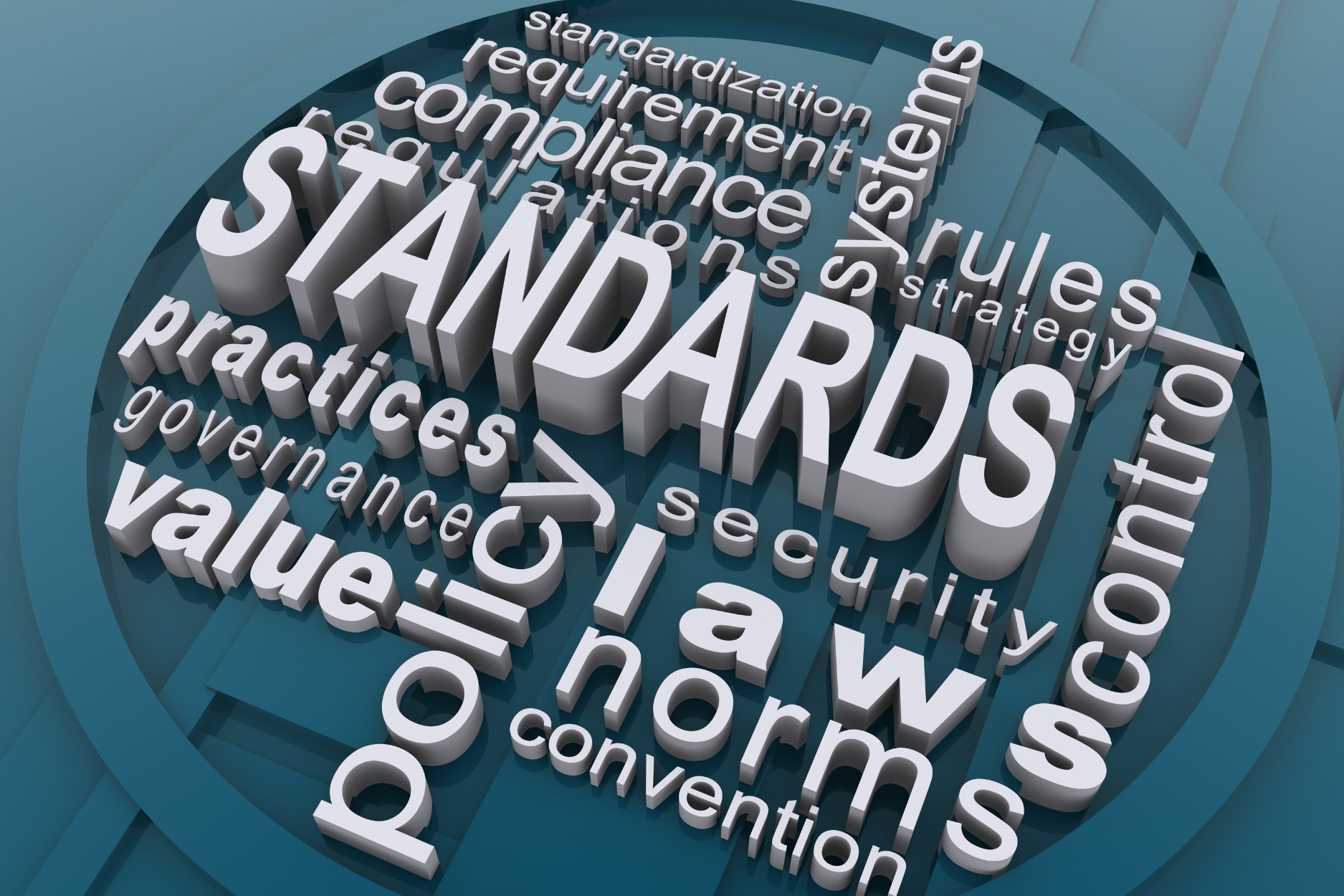Paving The Way For Quantum Tech: Why Standards Matter Before Laws

Quantum technologies, which promise far-reaching impacts potentially surpassing those of artificial intelligence, are on the brink of revolutionizing industries. Researchers from leading institutions like the Technical University of Munich, University of Cambridge, Harvard, and Stanford emphasize the urgency of establishing international standards for these technologies before implementing legal frameworks.
According to Professor Urs Gasser, it's crucial to develop a quality management system (QMS) for quantum technologies. This system would ensure that essential aspects, such as security and interoperability (the ability of systems to work together), are prioritized. The idea is to create guidelines that can later inform legislation, providing a foundation of trust and reliability in the evolving field of quantum technology.
Unlike the AI sector, where laws like the EU AI Act were introduced before standards were fully established, the proposed approach for quantum technologies aims to avoid uncertainty and foster innovation. By establishing standards first, the industry can ensure that regulations are well-informed and effectively implemented, enhancing the clarity and stability needed for growth.
Historically, the development of standards has successfully guided other complex technologies. Organizations like the International Organisation for Standardisation (ISO) and the Institute of Electrical and Electronics Engineers (IEEE) have set benchmarks for information security and Wi-Fi technology, respectively, ensuring consistent and safe practices across the globe. Similarly, a joint effort by ISO and the International Electrotechnical Commission (IEC) is underway to create standards for quantum computing, communication, and related fields.
These efforts are further supported by entities such as the US National Institute of Standards and Technology (NIST) and the European Telecommunications Standards Institute (ETSI), which work on post-quantum cryptography and other critical areas.
The proposal for a certifiable QMS, akin to those in medical technology, seeks to incorporate not just technical specifications but also ethical and legal considerations. This holistic approach aims to build a trustworthy framework that can adapt with the technology.
Despite the competitive global landscape, standards facilitate international collaboration, even among countries with strained political relations like China and the US. They provide a flexible basis that can be quickly updated to keep pace with technological advances, unlike traditional laws.
While the standardization process may seem technocratic, it involves a broad range of stakeholders, including civil society and industry experts, ensuring that various perspectives are considered. However, the ultimate goal remains to complement these standards with legally binding regulations crafted by democratic institutions, ensuring comprehensive and context-sensitive governance.